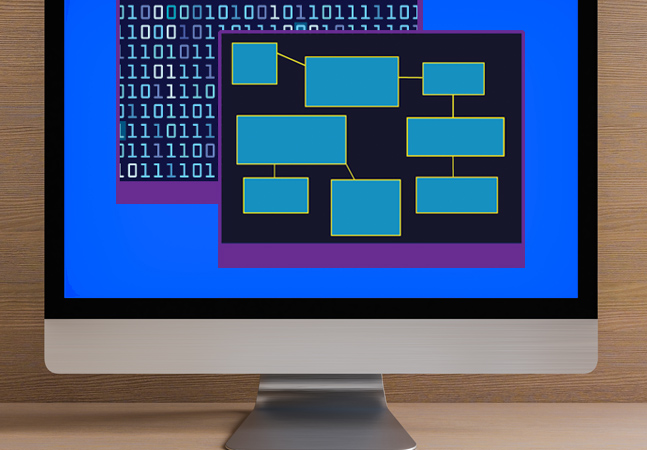
The old, proprietary, Windows-only .NET Framework has given all it can give to the new cross-platform, open-source platform of the future, .NET Core.

Microsoft today shipped Visual Studio 2019 v16.4 Preview 2, boosted with new features that come from formerly separate extensions.

The first preview of .NET Core 3.1 focuses on two of the big features highlighting the Sept. 23 release of .NET Core 3.0: Blazor (for C# Web development instead of JavaScript) and desktop development (Windows Forms and Windows Presentation Foundation).

Once you've got a contract that describes a gRPC service, creating the service itself and a client that can call the service is easy. In fact, Visual Studio will do most of the work for you ... once you've got your projects set up correctly, that is.

After Microsoft's Scott Hanselman introduced a bunch of new beginner-level instructional videos for .NET, Xamarin guru James Montemagno wanted to remind mobile developers that similar resources are available for them.

Expert Alex Thissen shares his thoughts on what excites him most about the .NET/Docker marriage, top tips, "gotchas" to look out for and more.

With the recent release of .NET Core 3.0 and the continued interest in the red-hot Blazor project for doing Web development with C#, third-party vendors are cranking out related tooling.

gRPC services promise a lot: better performance, more sophisticated messaging, and a contract-based approach to Web Service development. If those sound good to you, here's how to get started.

After many developer complaints such as "Editor becomes so slow it's unusable after a while," the Visual Studio for Mac dev team revamped all of the IDE's editors and this week explained those changes.

".NET Core is the future of .NET. So let's get comfortable with creating, running, and testing applications using the command-line interface," says developer educator Jeremy Clark, who shares his favorite .NET Core features, quirks to watch out for and more.

The release version of Blazor contains two surprising changes (surprising, at least, to Peter) -- changes that broke some of his code. Here are both of those "gotchas" with the workarounds that he implemented.

Microsoft introduced the first preview of the .NET Core Windows Forms Designer, which didn't make it into the recent .NET Core 3.0 release because of the "huge technical challenge" in porting the Windows-only desktop technology to the new cross-platform framework.

Dr. James McCaffrey provides hands-on examples in introducing ML.NET, for machine learning prediction models, and AutoML, which automatically examines different ML algorithms, finds the best one, and creates a Visual Studio project with the C# code backing the best model, along with C# code that shows how to use the trained model to make a prediction.
- By James McCaffrey
- 09/30/2019

You can store encrypted values in your ASP.NET Core configuration file and seamlessly decrypt the values as you retrieve them. But there are, at least, two issues that you'll need to address.

The development of client-side Blazor leveraging WebAssembly -- appropriately called Blazor WebAssembly -- has suffered a few hiccups, but Microsoft has big plans for the red-hot technology that enables C# Web development.

Fresh on the heels of .NET Core 3.0, Microsoft's Scott Hanselman unveiled a months-long project to provide entry-level instructional videos on all things .NET, ranging from "What is C#?" to ".NET for Apache Spark 101."

Visual Studio 2019 for Mac 8.3 debuted yesterday (Sept. 23) with quicker Xamarin UI changes testing, an improved Web development experience and more.

Functional programming devotees welcomed the general availability of F# 4.7 along with the release of .NET Core 3.0 and associated tooling.

Alongside the big .NET Core 3.0 release, Microsoft announced the general availability of Visual Studio 2019 16.3, which VS developers need to work with the new cross-platform, open source offering.

Microsoft officially announced .NET Core 3.0, an important milestone in the company's transition from the traditional, proprietary, Windows-only .NET Framework to a new open source, cross-platform offering -- the new direction for .NET developers.